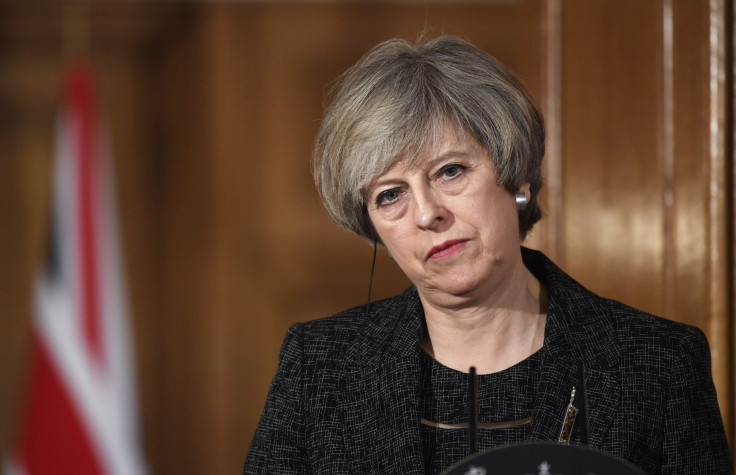How Much Could Brexit Cost The UK? Exporters Will Lose $7.6B, According To New Analysis

Just in time for the British House of Lords to begin wrapping up its first day of debate over a bill initiating the U.K.’s withdrawal from the European Union, more commonly referred to as “Brexit,” an analysis by the Guardian Monday afternoon pegged the cost of the separation to exporters at 6.1 billion pounds, the equivalent of $7.6 billion, per year.
The newspaper attributed the new costs to tariffs on British exporters imposed under World Trade Organization rules and normally eliminated by the EU’s open-trade policies.
British Prime Minister Theresa May promised in a January interview with Sky News that she would strive for “a really good, ambitious trade deal for the U.K. with the European Union.” Later in January, however, May said in a speech to foreign ambassadors that the U.K. would leave the EU’s single market and its associated lack of trade barriers. She also promised that the U.K. would remain the EU’s “best friend,” prompting anxiety among economists, most of whom have historically supported free trade.
“This would be a pretty big shock and it is very clearly unwelcome,” Alan Winters, director of Sussex University’s U.K. Trade Policy Observatory, told the British newspaper as part of its Monday report. “At the end of two years, it’s up to the Europeans to decide if we have a deal. The government has to pretend it’s okay if we don’t, otherwise they have no leverage. This is a piece of political spin to try to persuade us that if this happens, it is not a catastrophe.”
In the first of five days set aside to debate May’s EU Notification of Withdrawal Bill, which already passed in the House of Commons Feb. 8, members of the House of Lords signaled deference to the decisions of U.K. voters, 51.9 percent of whom chose to leave the EU in June, as well as to the vote of the lower house.
"This bill is not about revisiting the debate," Baroness Evans, leader of the House of Lords, reportedly said. "Noble Lords respect the primacy of the elected House and the decision of the British people on 23 June last year."
© Copyright IBTimes 2024. All rights reserved.












